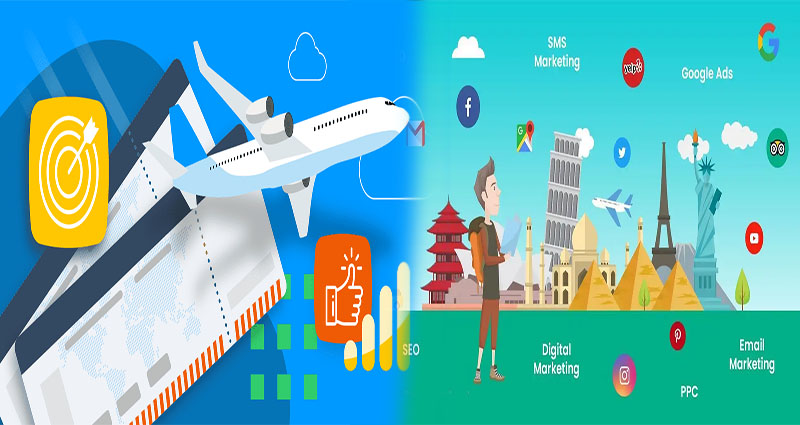One of the most popular tourism marketing strategies is to establish a loyalty program. Loyalty programs are designed to reward repeat customers and encourage them to come back again. This can be done through birthday cards and discounts. The loyalty program should be a two-way relationship so that the customer feels appreciated. In addition, it should be easy to enroll and manage.
Content marketing
Content marketing is an excellent way to attract travelers to your website or social network and increase your chances of converting them into customers. It is often combined with search engine optimization (SEO) techniques to maximize visibility in search engines. Whether you create a blog or create an ebook, the purpose of content marketing is the same: to increase visibility. This technique involves creating high-quality content that is genuinely useful to your target audience.
The first step in the customer journey funnel is to provide useful information that will inform and educate potential customers. This is especially important during the planning process of a vacation, as people start looking for a trip one to three months before departure. During this time, content marketers can provide valuable information about the destination and offer exclusive discounts to potential customers.
Mobile experience
Creating an engaging social media presence is an important part of any tourism marketing strategy. Creating engaging content and responding to followers’ feedback is essential to keeping your social media presence active and relevant. One great example of this is Travel Oregon’s use of social media to reach potential customers. This brand’s recent campaign inspired the creation of engaging content that resonated with travelers.
Many travel brands have embraced mobile technologies and are building better experiences for customers. In a world where the average consumer has seven connected devices, creating mobile experiences that are relevant and personalized is becoming a top priority. By leveraging data from CRM, geolocation and other contextual inputs, companies can personalize travel experiences that are relevant to each individual’s interests and needs.
Pricing strategies
Pricing strategies in tourism marketing are an important aspect of successful marketing. It is important to keep your guests’ needs in mind and devise prices based on the value you add to their experience. It is also essential to monitor competitors and individual customers to adjust prices accordingly. Tourism pricing is an ongoing process that requires constant monitoring and innovation.
Pricing strategies for tourism businesses vary according to location, time of year, and availability. Some resorts use season-based pricing and adapt prices accordingly. Others use dynamic pricing, which adjusts prices according to demand.
Website optimization
Website optimization is a crucial part of any tourism marketing strategy. Your visitors are more likely to choose your destination if your site is easily accessible and loads quickly. In addition, you should ensure your website is responsive to mobile devices. While this may seem like a small thing, it can have a major impact on your ranking and UX.
As with any website project, website optimization is a time-consuming task that can take hundreds of hours. However, the results can be rewarding. You should not rush this process or make any mistakes that could jeopardize your efforts. Always backup your website before making changes to it.










